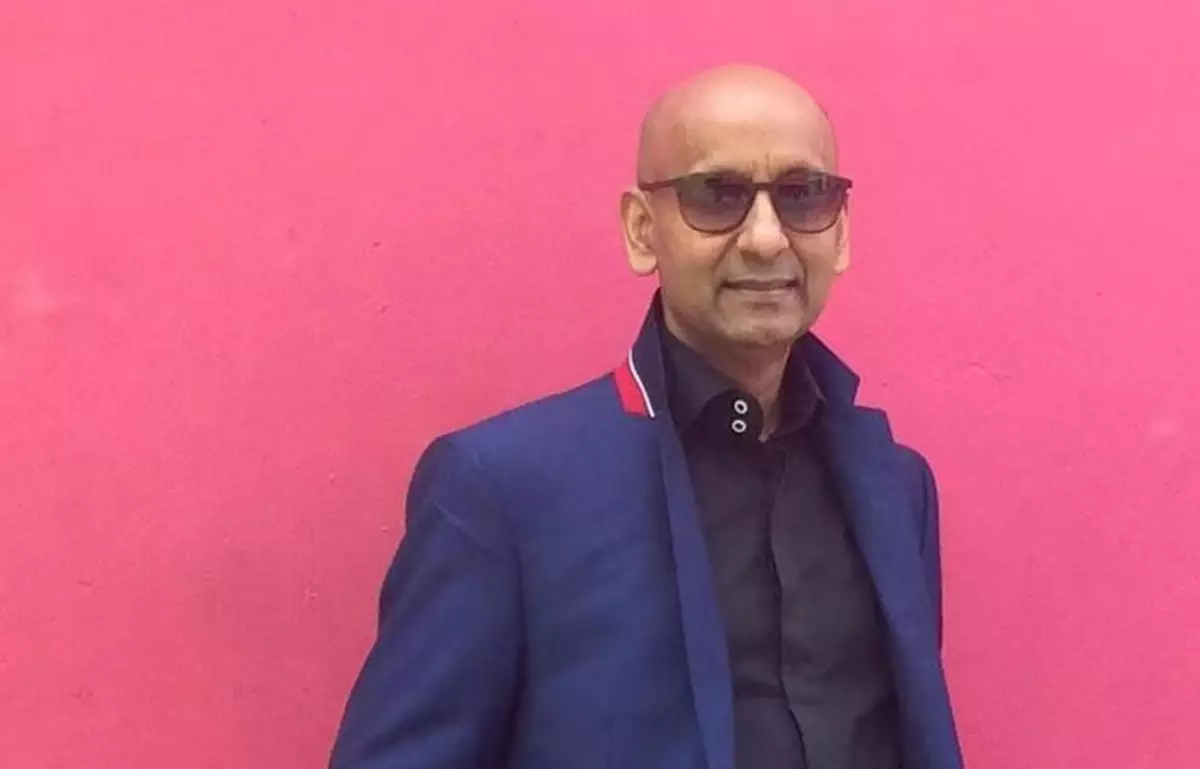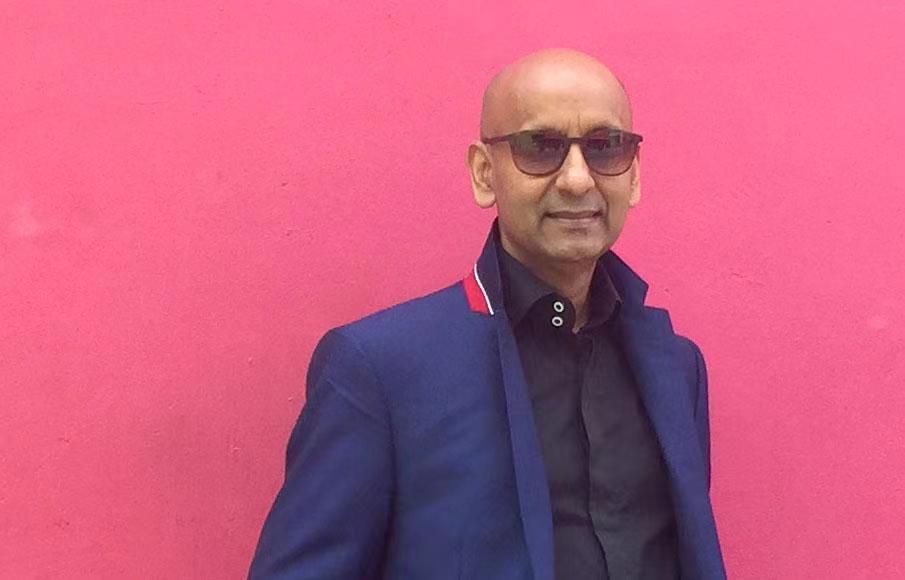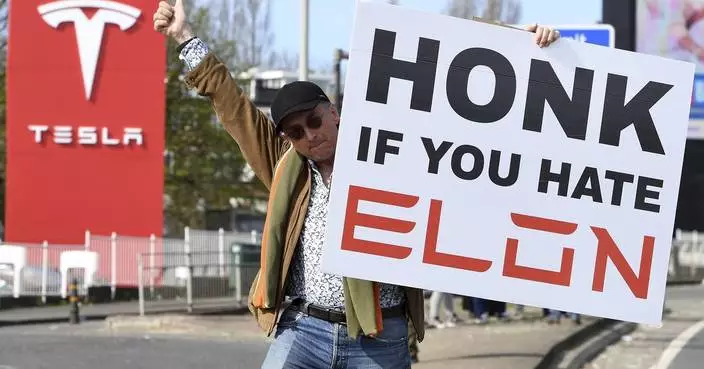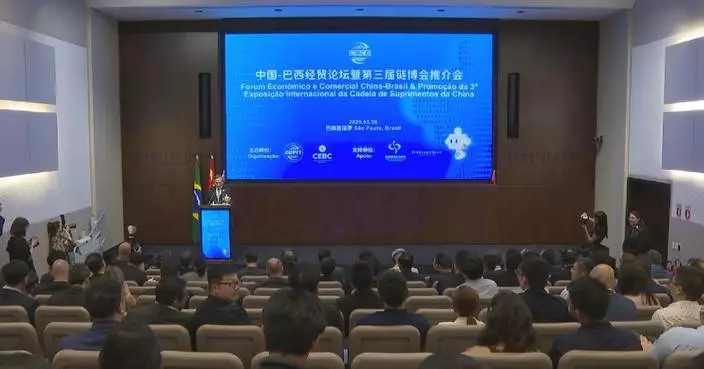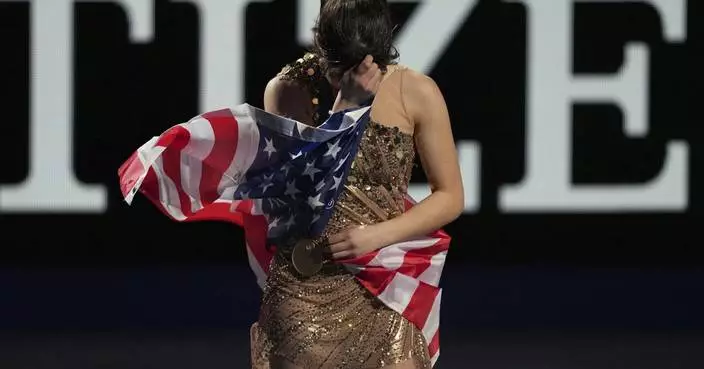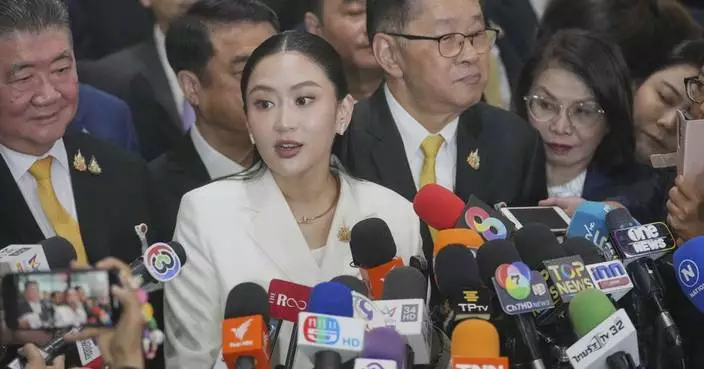Presidential candidate Donald Trump invited Chinese electric carmakers to enter the US market—as long as they made the China-designed cars in America.
This would be a stark contrast to the Biden-Harris system of keeping the popular clean-energy cars out of the country by slapping a 100 per cent surcharge on them.
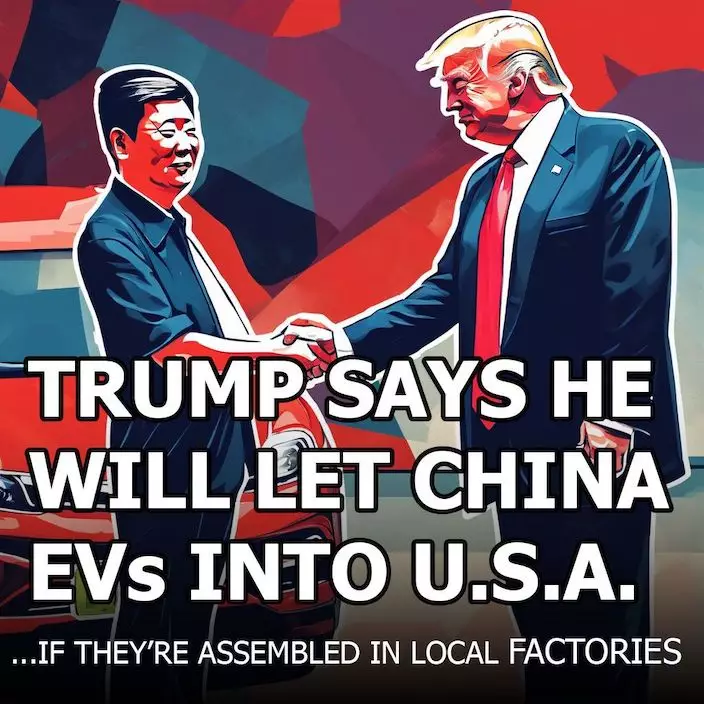
BANKERS INTRIGUED
The Trump plan has investment bankers intrigued.
"If acted upon, this would be a revolutionary change in the US-China trade relationship," said Marko Papic Chief Strategist at BCA Research.
"First, it would separate national security concerns from trade, adjusting US trade policy to the realities of a global multipolar environment. Second, it would resolve the trade dispute using tried and tested policies from the 1980s."
The strategist was referring to a period when Japan was the world's leading carmaker and was coerced into building its vehicles on US soil.
INVITATION INCLUDES THREAT
Trump has repeated the offer to Chinese carmakers several times, although it has had little coverage in the mainstream media, since it doesn't fit the narrative.
In March this year, he said: “If they want to build a plant in Michigan, in Ohio, in South Carolina, they can, using American workers, they can."
The offer was repeated last month in a convention speech, but in keeping with his tough guy image, a threat was included. "We don’t mind it happening but plants will be built in the United States and our people are going to man those plants. And if they don’t agree with us, we’ll put a tariff of approximately 100 to 200 percent on each car and they will be unsellable in the United States."
US CAR MAKERS NEED CHINA I.P.
Of course, all politicians make promises that fail to turn into actions. Yet Trump has made this offer repeatedly, and the electric car issue is not going to go away, so something will have to be done about it. Geely, BYD, Chery and other Chinese firms are enjoying remarkable sales growth in multiple countries.
There would be other advantages too, including IP transfer from China to the United States carmakers: In America, Tesla is over-dominant (51% of the electric market) and the Big Three car firms (13% between them) do need some creative input.
Would China consider accepting the deal? Probably yes. It has shown repeatedly that making trade deals overseas is the country's superpower.
WAY OUT OF TOXIC POLITICS
But more importantly, the offer shines a light on an unexamined difference between the two political parties in the United States.
The hyper-politicized Biden-Harris administration is controlled by the security establishment (call it the blob or the swamp or whatever), which gives an insanely paranoid military-intelligence quadrant the final yea or nay to every deal involving China.
Trump, for all his faults, is showing that a business deal can be handled as a business deal. This is something that China, and indeed all of Asia, can understand.
Trade is often beneficial, while US geo-politics is now always toxic.
Yet the Chinese should not make the mistake of thinking that Trump is friendly towards them. In the same speech that he invited them to build factories in the United States, Trump said: "If you go back 20, 25 years they’ve stolen, going to China and Mexico, about 68 percent of our auto industry. Manufacturing jobs. We’re going to get them all back. We’re going to get them all back, every single one of them."
His motivation sounds less like a hope for a win-win deal, and more like revenge.
Lai See(利是)
** The blog article is the sole responsibility of the author and does not represent the position of our company. **


